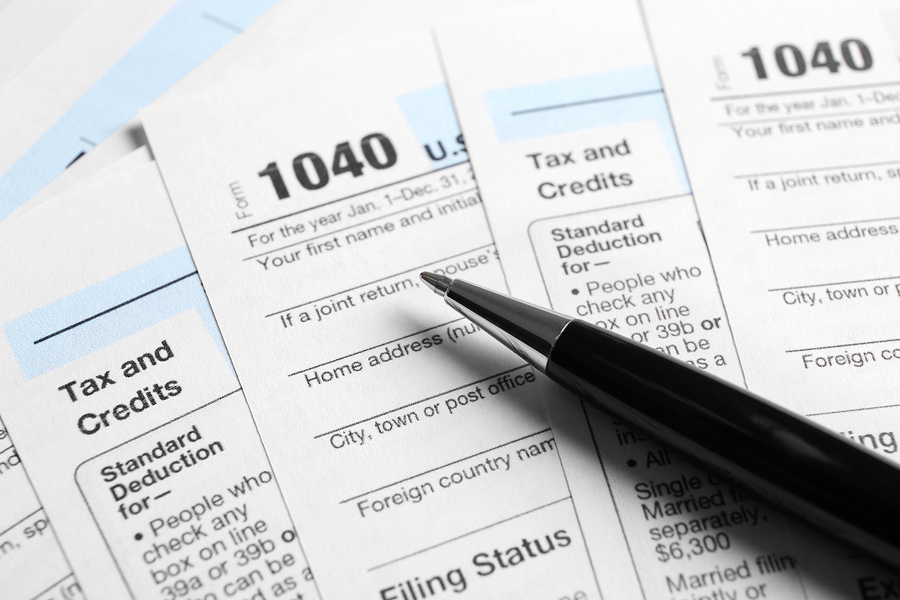
Blowing the whistle on tax cheats could earn you cash, but it could also cause you a lot of trouble.
You’ve thought about it, haven’t you? Someone you know is cheating on their taxes, making huge refunds when they don’t even work, while you bust your backside making ends meet. Makes your blood boil doesn’t it? I know it does because people write to me all the time wanting to report an ex or a neighbor that they know is cheating on their taxes. I did a post about reporting fraud a few years back, here’s a link to it: Reporting Tax Fraud
Basically, if you’re just reporting fraud, you file form 3949, send it to the IRS and let them take it from there. You’re done.
But if you want to get a reward for reporting the tax fraud, that’s a different story! And, of course, a different form. But how do you know you can qualify for an award? Well first, you have to be able to provide specific and credible information. You can’t just send the IRS a form saying, “I think my neighbor’s cheating on his taxes, he can’t afford that new Volvo on the money he makes at the Post Office.”That’s just not going to fly. Also, it’s got to be a significant Federal tax issue. “My ex-wife claimed that those old clothes she gave to Good Will were worth $500 and they couldn’t have been worth more than $450.” That’s not big enough to make it worth their while to investigate.
There are two types of whistle blower cases: ones where the amount of tax, penalties, and interest exceed $2 million dollars. (Geek speak, that’s a section 7623(b).) That’s usually a business case. Or if you’re dealing with an individual, his or her income must be over $200,000 annually for at least one of the tax years you’re reporting on. In these types of cases, the IRS will pay between 15% and 30% of the tax that they recover. Seriously, if you’re in a position to report on a major case like that, you should find an attorney to represent you. Don’t mess with that on your own. 30% of $2 million is $600,000, it’s worth hiring an attorney for!
The IRS also has another program for cases where the tax is under $2 million or an individual makes less than $200,000. (Geekspeak, that’s section 7623(a).) Although the paperwork is the same, the rules are a little different for the smaller cases. The maximum award will be 15% of the tax recovered. Also, the awards are discretionary; meaning – the IRS doesn’t have to give you an award if they don’t feel like it. And, if you’re not happy with your award, you can’t go to Tax Court and argue it. You’re done. That’s it. So even if you’ve got the perfect case, there’s no guarantee that you’re going to get paid.
Just to give you an idea of how things go though, in 2015, of the 204 claims that were paid, 99 awards were given so it’s about half of the claims. But the IRS generally doesn’t pay awards until 5 to 7 years after a claim is filed so if you are going to get anything out of this, you’re going to be waiting for quite some time.
But let’s say you still want to go ahead with this. What do you do? You’re going to want to submit form 211. Here’s a link to that: Form 211
Basically, the form is going to ask for the name, address and the last 4 digits of the tax cheat’s social security number. The IRS will also want a description of what he or she did and why you believe it’s a violation of tax law. You’re also going to need to describe how you know about the cheating. How are you related to that person? And also how much tax you think that person owes. The bottom line here is, you really need to know something about the tax cheat to report them.
Here’s the last piece of information I want you to have. The IRS Whistleblower – Informant Award, unlike other whistle blower programs, does not provide whistle blower protection. That means that whoever you report on could find out. If it’s an employer, you could lose your job. If it’s someone you know (like an ex spouse), you could be placing yourself in danger. You really want to think about this before sending the IRS form 211.
If you still want to report a tax cheat, and don’t care about a reward, then go ahead and send form 3949-A instead. You can do that and remain anonymous. Continue reading


